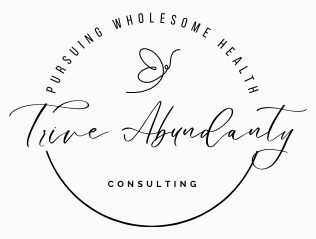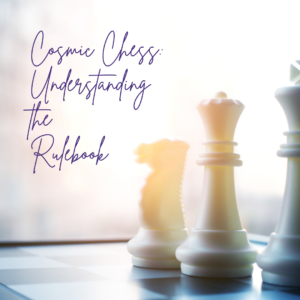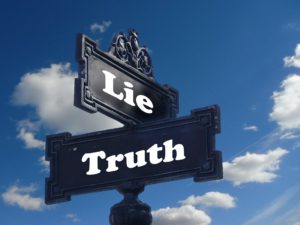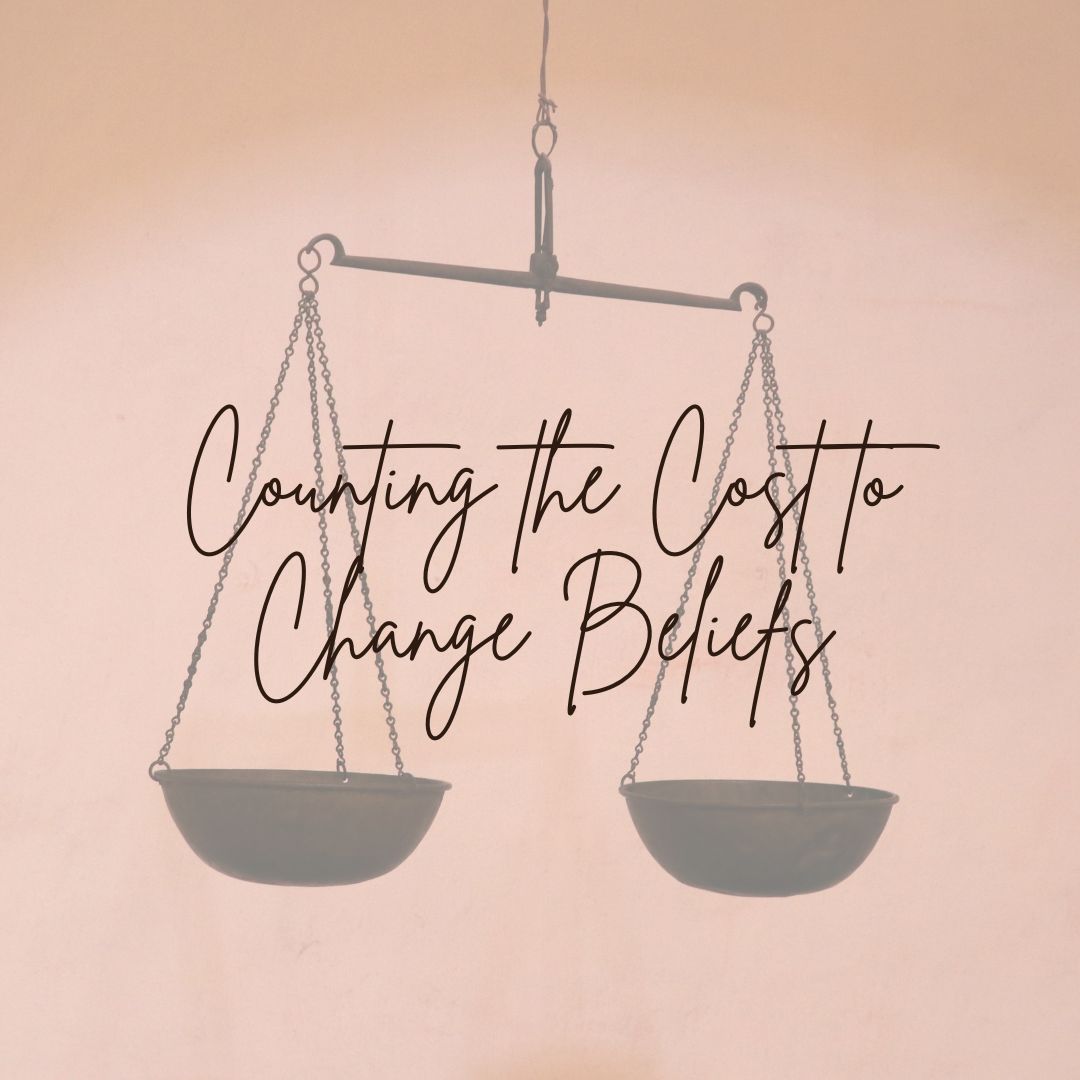In our previous post, we kicked off a journey toward transforming our beliefs. We used the example of a widespread belief that many of us share – the feeling of loneliness or not belonging. We learned that beliefs like these come with clusters of emotions, thoughts, and other interconnected beliefs.
We discussed the importance of pinpointing the core belief that’s causing pain and leading to unwanted behaviors and experiences. We also looked into tracing these beliefs back to their origins and exploring the coping strategies we’ve developed as a result.
Now, let’s continue this transformative process by examining the costs these beliefs have had in our lives. What have they taken from us, and what have we had to give up because of them? We’re going deeper into understanding and change, so let’s keep moving forward.
After tracing your beliefs back to their roots and gaining an understanding of where they began, it’s essential to take account of their impact. This might feel a bit like an exercise in forgiveness since, to forgive those who have hurt us, we need to recount the harm they caused. But in the process of changing our beliefs, taking account means examining the beliefs we’ve embraced to navigate our lives and how those beliefs have harmed us.

Let’s dive into it. How did having these beliefs affect our lives? For instance, if we’ve carried the belief that we don’t belong, it may have influenced our expectations and even pushed people away who genuinely wanted to connect. We might have unknowingly built a wall of self-protective behavior in the form of strong independence. This isn’t inherently bad, but when it’s used as a protective mechanism, it can keep us from opportunities.
What have these beliefs robbed us of? Beliefs like not belonging might have deprived us of meaningful friendships, connections, and the courage to speak up. As a result, we might have been consistently overlooked in favor of others.
How have these beliefs damaged us? They could damage our self-confidence and hinder our ability to ask for what we need or want. In extreme cases, they might even foster bitterness towards others for making us feel rejected and unwanted.
What influence did these beliefs have on our choices and thoughts? This could manifest as avoiding group retreats or making unfounded assumptions about people, leading to a dislike for them based on these assumptions. Negative thoughts can pave the way for a downward spiral, affecting our overall sense of well-being and potentially contributing to issues like depression, overeating, substance abuse, and risky behavior.
Understanding these costs is an important step in the process of change, and it empowers us to move forward with purpose.
When it comes to the belief of not belonging, it can bring an enormous amount of struggle. Many people put in countless efforts to connect with others, driven by a natural need for connection and belonging. But there’s often a disconnect between their conscious desire for connection and the underlying subconscious belief. Unfortunately, these efforts frequently lead to more pain, disappointment, feelings of being taken advantage of, and self-doubt. They might wonder if there’s something inherently odd about them that prevents them from maintaining close relationships, all because of the lurking belief that they don’t belong. This belief affects how they present themselves and how they navigate relationships. Loneliness, feeling unwanted, rejected, and like an outsider looking in can become the norm.
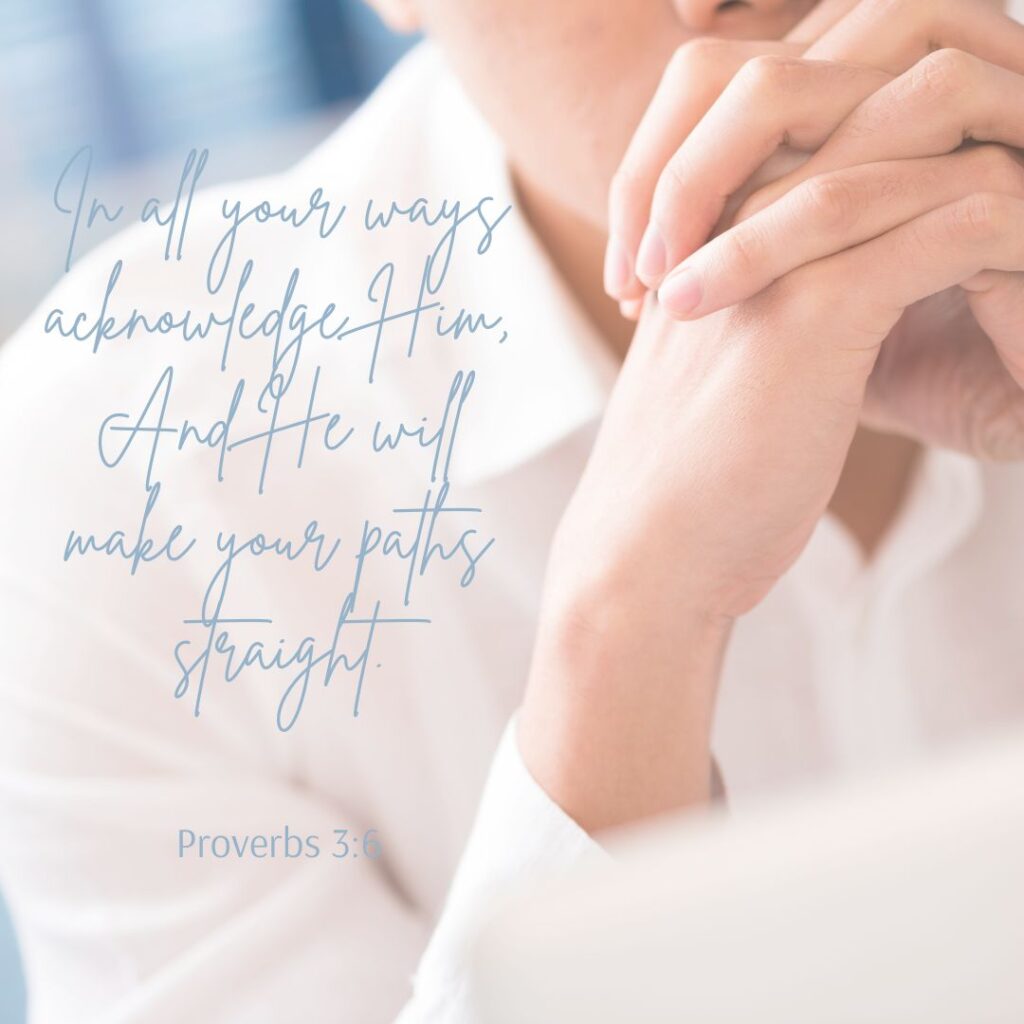
Now, the crucial question arises: how will this belief continue to affect our lives if we don’t change it? This question might be unsettling, and answering it truthfully can be challenging. We can’t predict the future, and not everything is within our control. But our beliefs play a significant role in shaping our experiences, no matter what life throws our way.
The purpose of this step is to gain a sense of leverage. Changing a belief demands effort, time, and commitment. If we fail to recognize that the long-term cost of not addressing this belief is far greater than the pain and effort required to change it now, we might be tempted to avoid dealing with it or give up before we reach a more positive and fulfilling future.
It’s tough to envision the full extent of the long-term cost associated with a belief like “I will always be alone.” But here are a few potential outcomes I can foresee. We may find ourselves in an ongoing internal struggle, yearning for connection and a sense of belonging. Because this subconscious belief remains unresolved, we might continue to attract people and situations that reinforce and validate this belief through confirmation bias. The result? Frustration, resentment, and eventually resignation, leading to even more loneliness.
The consequences are far-reaching. We miss out on experiencing the beauty of relationships as intended by God. We miss the opportunity to both contribute to others and receive from them. And I’m sure there are additional costs that we might not even fully grasp.
It’s tempting to look for someone to blame when we examine how these beliefs were formed – maybe pointing fingers at those who didn’t model healthy relationships for us. However, this blame game only keeps us powerless and stuck, regardless of how accurate it might be. The mess has been made, regardless of our initial involvement in it. Now, it’s our mess, whether we like it or not. To break free from it, we have to take ownership. This isn’t an easy step, but it’s incredibly empowering. Ownership means we have a say in what we do with the situation we’ve been handed or the place we’ve found ourselves in.

Taking ownership recognizing that we’ve run with the belief long after the initial trigger has passed. It’s tough because it leads to the realization that we are still responsible for how we respond to life’s challenges. So, how can we take ownership of deeply ingrained beliefs like “I’ll always be alone” or “I don’t belong”?
One way to start is by writing a statement or declaration acknowledging the role we’ve played. For example:
“I’ve carried these beliefs that I don’t belong, that I’m unwanted, and that nothing I do will change that. I’ve allowed these lies to persist for far too long. I didn’t challenge them or even realize they were there until now, and they’ve wreaked havoc on my heart. But I’m responsible for turning things around now that I’m aware of these beliefs. I didn’t have the tools to identify them before, but now that I see them, I must accept responsibility if I want change. I may not have known how to deal with them properly, but I’m still responsible for embracing these beliefs subconsciously. I brought them into my adult life and they’ve caused issues.”
Taking ownership in this way empowers us to move forward with purpose and determination to create a different, healthier story for ourselves.
Ownership means recognizing that, even though it may feel daunting and the belief seems insurmountable, we’ll no longer accept excuses like “it’s too hard” or “I don’t know how to change.” We become our own allies, saying, “I may not know how to do this yet, and I’m certain there will be challenges, but I’m embarking on the journey to change this belief and the behaviors it has fueled. I commit to this path, even when it’s tempting to stay where I am and do nothing.”
As an act of ownership, consider writing down your primary reason for wanting to change this belief and why it’s worth the effort. It could be a simple sticky note that reads, “Because the feeling of perpetual loneliness has tormented me long enough, and I’m tired of that prison.” Your top reason might be something else, like wanting to leave a different legacy for your kids, breaking free from a frustrating cycle, or avoiding a lifetime of debt from spending habits used to soothe the pain of this belief. Whatever your motivation, crafting a “manifesto” of sorts can serve as a reminder of why you’re seizing control and embracing the hard work.
It’s a good time for some journaling, don’t you think? I’m here cheering you on, whether it’s about tackling this specific belief or another one that’s personal to you.
Recall to take stock of what this belief has cost you, how it has influenced your life, what the future holds if you don’t make a change, and, most importantly, that you are boldly embracing this as your own work to undertake. You’ve got this!
Remember, you don’t have to face the challenges of changing a belief depending solely on your own strength. Why? Because Jesus lavishes upon us the most astonishing, super-hyper-abundant grace! It’s a grace that’s not only abundant but goes beyond anything we could ever imagine. It’s there to undergird us at every step of our journey.
Without Jesus we would be held in the grip of old beliefs, but with him, we are held in the grip of grace! His grace is the key to a victorious life.
The beauty for us is that no matter how many beliefs we need to change, God’s grace meets each one and even more! In fact, it’s not just abundant grace. Paul speaks of God’s grace in Romans 8 v. 17 as superabundant, but then adds the prefix, huper (“hyper”), making grace huperperisseuō, which could be translated super-hyperabundant grace! It’s super-hyper-abundant grace! It’s an endless wellspring of grace made available to us through Him.
Embrace this truth: you have super-hyper-abundant grace by your side every step of the way!
